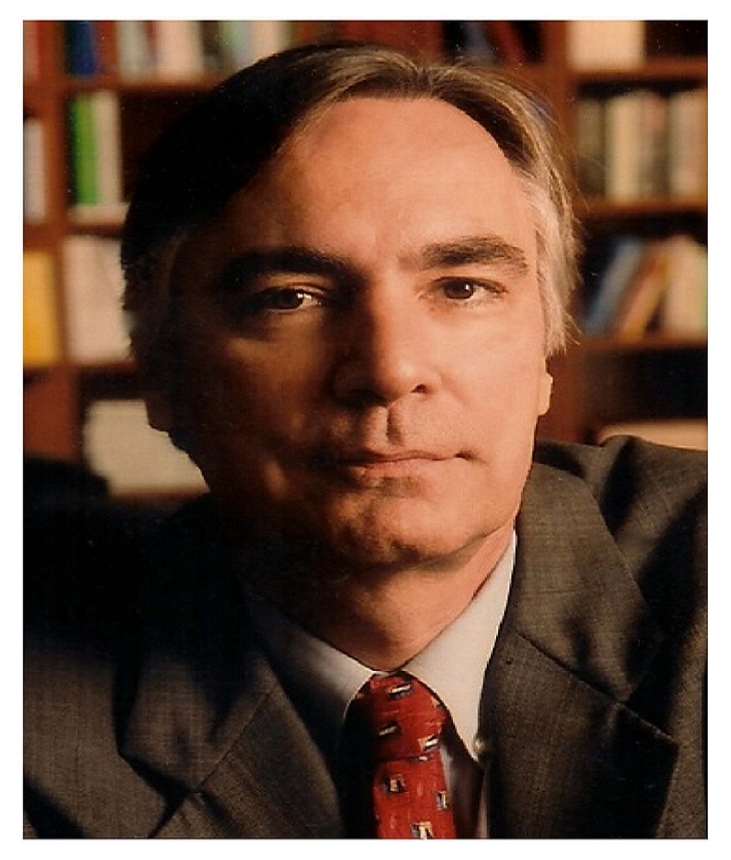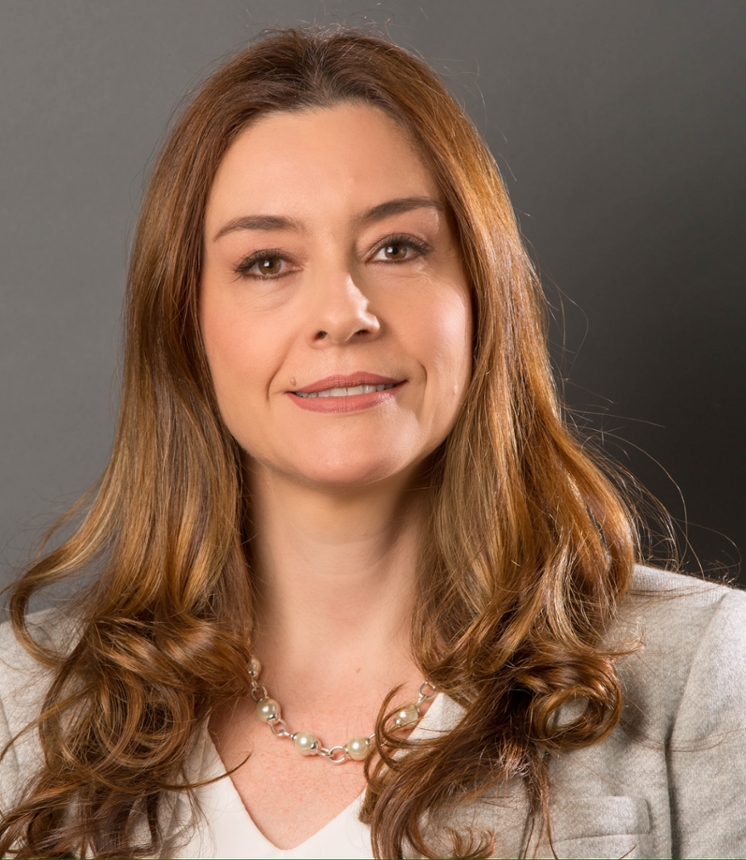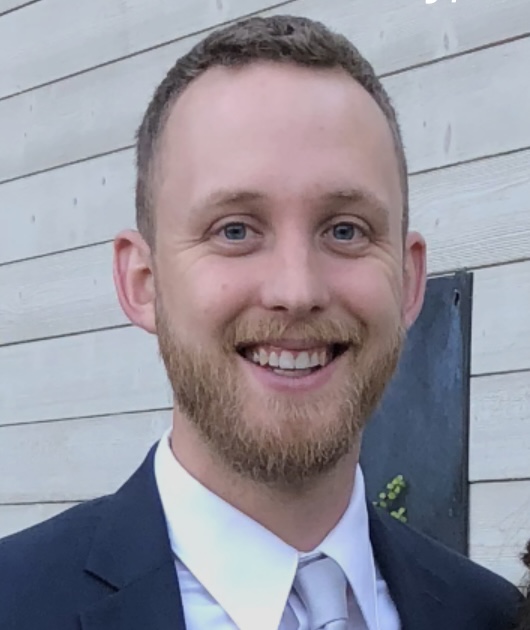Course Description
Continuing Medical Education Credit
The Emory University School of Medicine designates the in-person course for 18 AMA PRA Category 1 Credit(s)™. Physicians should claim only the credit commensurate with the extent of their participation in the activity.
The Emory University School of Medicine is accredited by the Accreditation Council for Continuing Medical Education to provide continuing medical education for physicians.
No grant support was received for either course.
General Information
Virtual Course
An 8-hour virtual course via Zoom. Tuition is $800 per psychiatrist. Registration cancellation with 6-weeks ' notice will be refunded less a $50 administration fee.
In-Person Course
An 18.0-hour in-person course. Tuition is $2,000 per psychiatrist. Registration cancellation with 6-weeks' notice will be refunded less a $50 administration fee.
The tuition includes lunch, one-on-one training with an instructor, and other amenities involved in making this a rewarding learning experience.
Location: Neuromodulation - Emory Decatur Hospital, 2701 North Decatur Road, Decatur, GA 30033. This location is near the Emory University Campus.
Lodging: A list of local hotels in the area may be obtained upon request when you contact Michele Miles.
To register for the in-person course, contact Michele Miles, ECT mini-fellowship coordinator, at m.l.miles@emory.edu or 404-712-6941.






